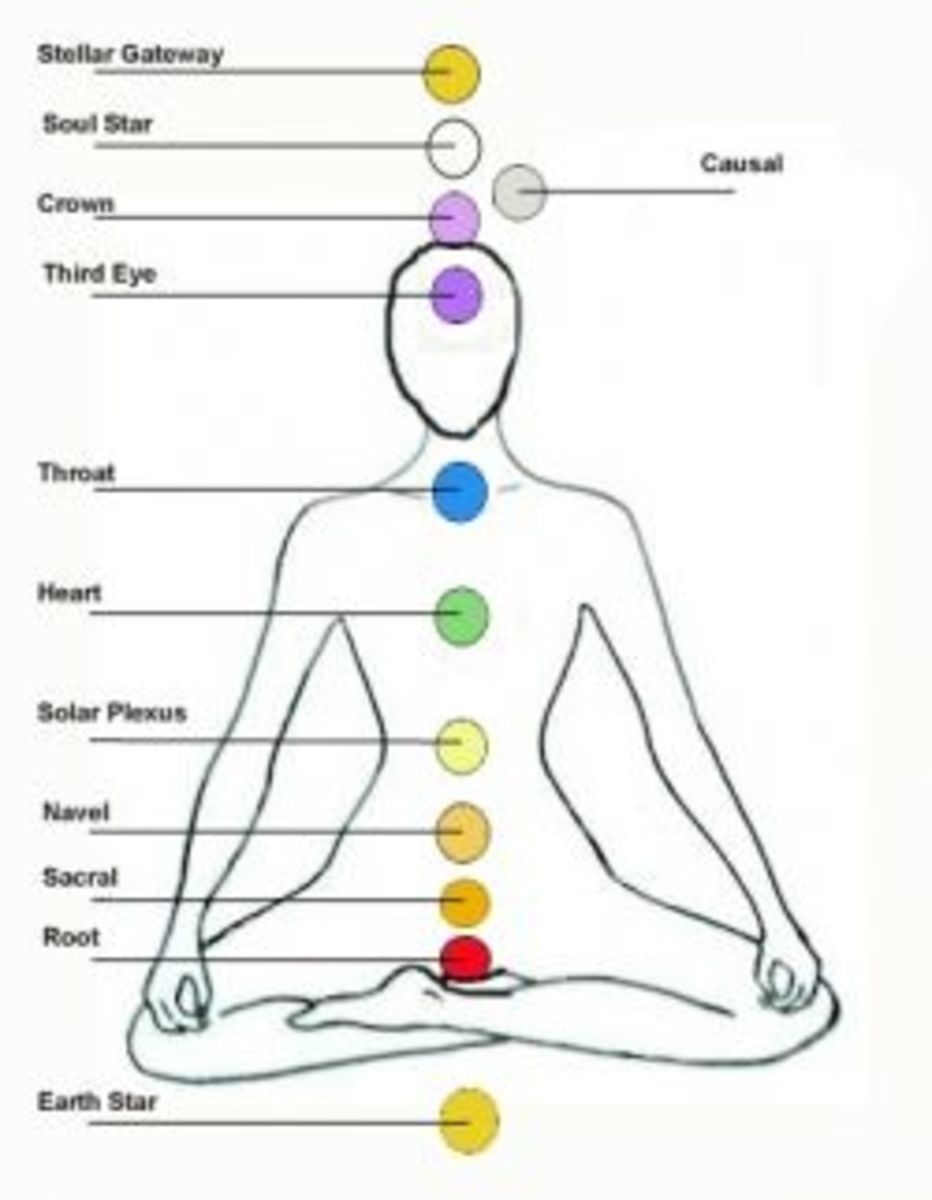In Death: Wisdom of Kahana

Perhaps I have grown too cynical because of the number of people that continually ask me what is the meaning of life, if all we apparently do is strive to exist for another day, bearing the consequences of sickness, poverty, and in some cases war and torment. Then the question of "WHY" becomes paramount and they search for a better promise, promises made by those that can sell sugar-sweet halos and feathered wings spread across fluffy white clouds. It is easy for sociologists and psychologists to say that we live in order achieve some degree of significance, but that proves rare to most, and in reality the majority of us will never leave our mark on this world, and worst of all several generations from now, even the fact that we did exist will be forgotten by descendants of family and friends alike. As a result, those salesmen shrouded in religious frocks have created an illusion, a more palatable drug to succor our fear of a mediocre life, providing us with the fabrication that in death there is an after-life that will erase all of the disillusionment we have suffered while being alive. Thereby, religions have evolved to the outrageous teaching that we live in order to die, with the promise of a better life in death. As incongruous, as irrational, as inconceivable as this might sound, this concept of life in death has not only been foisted upon the masses, it has been swallowed whole-heartedly by hundreds of millions, even in today's world of factual reality. We want to believe so much that there is some greater consequence to our existence that we are willing to commit to this lie which is in direct contradiction to all the teachings of the Tanakh. Two hundred years before the common era, we as a people accepted the fatality of death, embraced it, welcomed it and understood what stepping across into the void meant. We could conceptualize the Shekinah, and how we dissolved into its ether, joining all that existed before and all that would come to exist in the future. Not only did this aid us in appreciating the meaning of finality, it taught us to live our lives to the fullest because the reward of life, was life in itself. Death was actually a beginning because we knew and felt the Shekinah in our daily existence and knew what it meant after we no longer existed. Sadly, we were robbed of that experience, forced to adopt a belief system that ran contrary to everything God had shown us, and in so doing, we lost one of our greatest treasures; the understanding of life. Now we have become like the masses, questioning the significance of existence, meandering through our days unfulfilled and lacking contentment. Life has become a task, a burden, and so many of us only seek to relieve ourselves of this burden by seeking a better promise in death.

The Shekinah
Death or the process of dying is accompanied by the sense of expansion beyond one's physical frame. We dissolve out of our form, melting into that which is undifferentiated. The sensations and feelings of solidity, of substance, melt away and evaporate, as that which holds us together dissipates into the pool of existence, in the same way a raindrop melts into the vastness of a lake. We become like liquid, flowing through a stream made up of time and space as we intertwine and amalgamate with all the other rivers of existence. We are no longer finite, able to stretch ourselves to the edges of reality, but most of all, who and what we were are lost as we become more than we were as individuals, as beings of structured bodies with limits that will now decay and disappear into the earth from whence we came. You cannot resist the dissolution, the sensation that you no longer have edges to your corporal being. You find yourself unable to push against the solid matter that still stands in the real world, unable to grasp it, unable to hear or feel, yet the sensations you experience go well beyond the five that limited our physical world. We become fully entrenched in that sixth sense, perhaps seventh or even eighth, permitting us to hear and taste colours and touch that which has neither form nor essence. We are inside the Shekinah, we are outside it, in fact we are everywhere and we are nowhere, because we are no longer just us but part of something much more than life itself, we are the universe and the universe is us and the Almighty holds us within this limitless field so that in essence we are all that existed and all that will exist, from the beginning of time until the end of time. Beyond space, beyond time, beyond reality, constructing and deconstructing simultaneously, but neither conscious nor unaware of all that happens. We exist and for the first time we fully comprehend what God meant when he said to Moses, "I am that which I am." We are all that there is, all that there ever will be, and life, in some organic form, was merely the chrysalis from which we have been released.

In Conclusion
The point is that death is merely a stage of life, but we have grown to consider life is far more than these seventy or eighty years we might have in a physical form. But as limited and as short as that physical existence might be, it does not mean that we have no reason to act, to work, to achieve something of existence. You must not wake each morning, go to work, eat your meals, simply because it has to be done, a routine that we cannot break or alter. Instead we must embrace each day, knowing that the more we enhance this chrysalis, the more beautiful we will emerge when we enter into the Shekinah. The more positively we can shape our physical lives, the more positive will be the resulting energies that we add to the pool when we emerge from our cocoon. We are here to create something far greater than ourselves. How we approach the tragedies, the sufferings, the torments of our daily lives is of equal importance to how we celebrate the events that bring us happiness and joy. Combined they will determine the future of all life which is to come.
Shalom Aleichim,
Avrom Aryeh-Zuk Kahana





